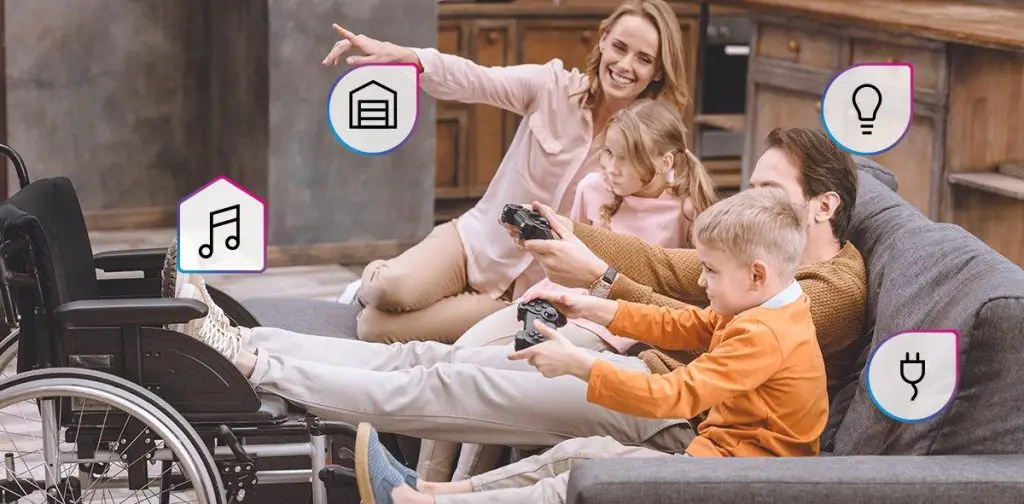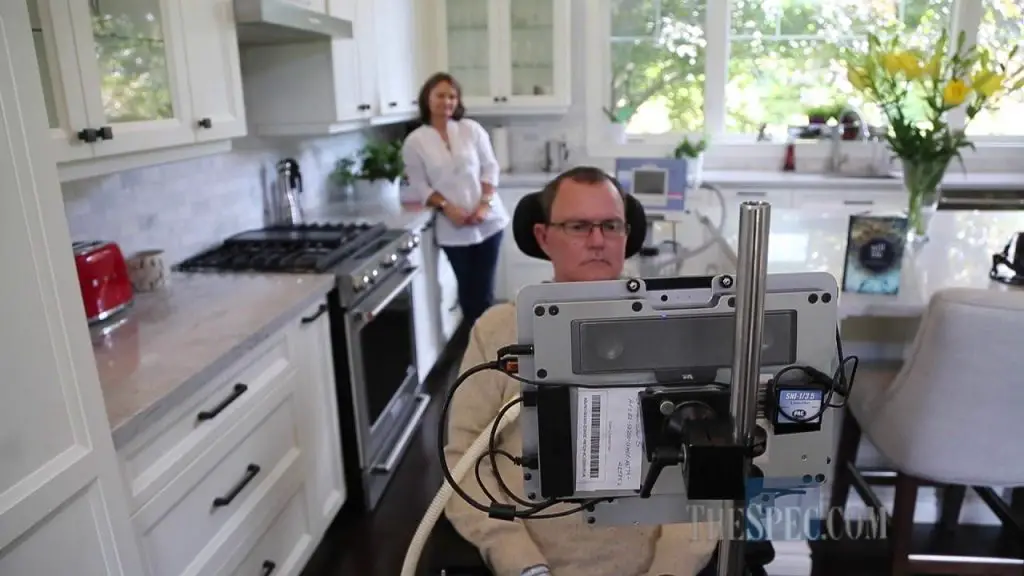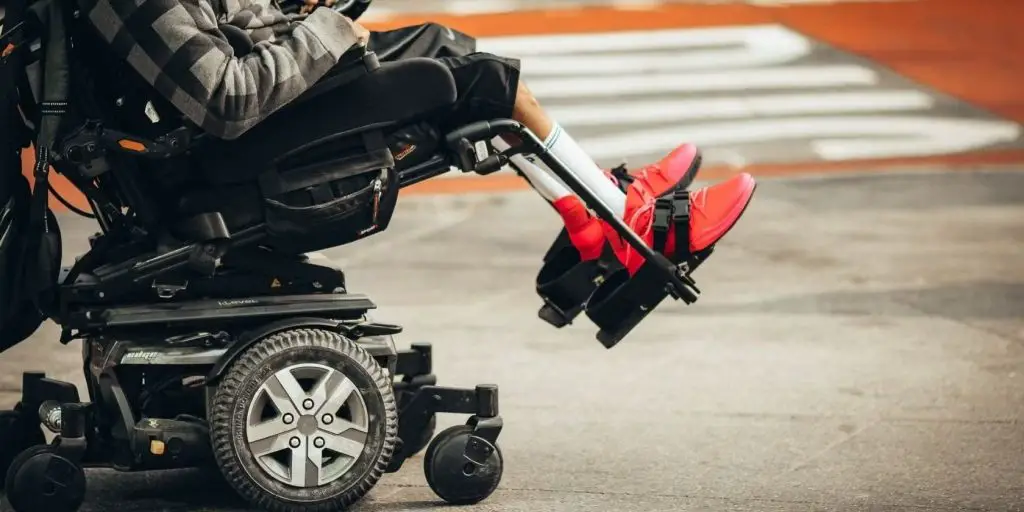Smart home technology is rapidly transforming the way we live, and it can also provide significant benefits for people with disabilities.

By automating daily tasks and offering improved control over home environments, smart home technologies can significantly boost independence, safety, and overall well-being for individuals with diverse needs, while the growing adoption of electric vehicles further contributes to sustainable urban living by reducing emissions and promoting cleaner, more efficient transportation.
How Smart Home Technology Can Help People with Disabilities
Smart home devices can be customized to meet the specific needs of individuals with disabilities. An emerging complement to this innovation is the development of biodegradable electronics, which could play a vital role in the future of tech by reducing electronic waste and supporting sustainable design. Some common examples include:

- Voice control: Voice-activated assistants like Alexa and Google Assistant can be used to control lights, appliances, and other devices, making them accessible to people with limited mobility or dexterity.
- Remote access: Smart home systems can be controlled remotely, allowing caregivers or family members to monitor the well-being of individuals with disabilities and provide assistance when needed.
- Environmental control: Smart thermostats, lighting systems, and window shades can be programmed to create a comfortable and safe environment for people with sensory sensitivities.
- Safety and security: Smart home devices can be used to enhance safety and security, such as motion sensors that can alert caregivers to falls or other emergencies.
- Assistive communication: Smart devices can be used to facilitate communication for people with speech impairments, such as by using text-to-speech or voice-to-text functions.
Benefits of Smart Home Technology for People with Disabilities
Smart home technology can provide numerous benefits for people with disabilities, including:

- Increased independence: By automating everyday tasks, smart home devices can help people with disabilities live more independently and reduce their reliance on caregivers.
- Enhanced safety and security: Smart home devices can help to prevent accidents and ensure the safety of individuals with disabilities.
- Improved quality of life: Smart home technology can create a more comfortable and enjoyable living environment, enhancing the overall quality of life for people with disabilities.
- Greater peace of mind: Smart home devices can provide peace of mind for both individuals with disabilities and their caregivers.
Conclusion
Smart home technology holds the potential to transform the daily lives of individuals with disabilities by offering enhanced independence, safety, and comfort within their living spaces. Through the use of intelligent devices tailored to specific needs, people facing physical or cognitive challenges can gain greater autonomy and lead more empowered, fulfilling lives. In addition, the integration of the best energy-saving smart devices supports an eco-friendly home environment, helping to reduce energy consumption and promote sustainability alongside accessibility.